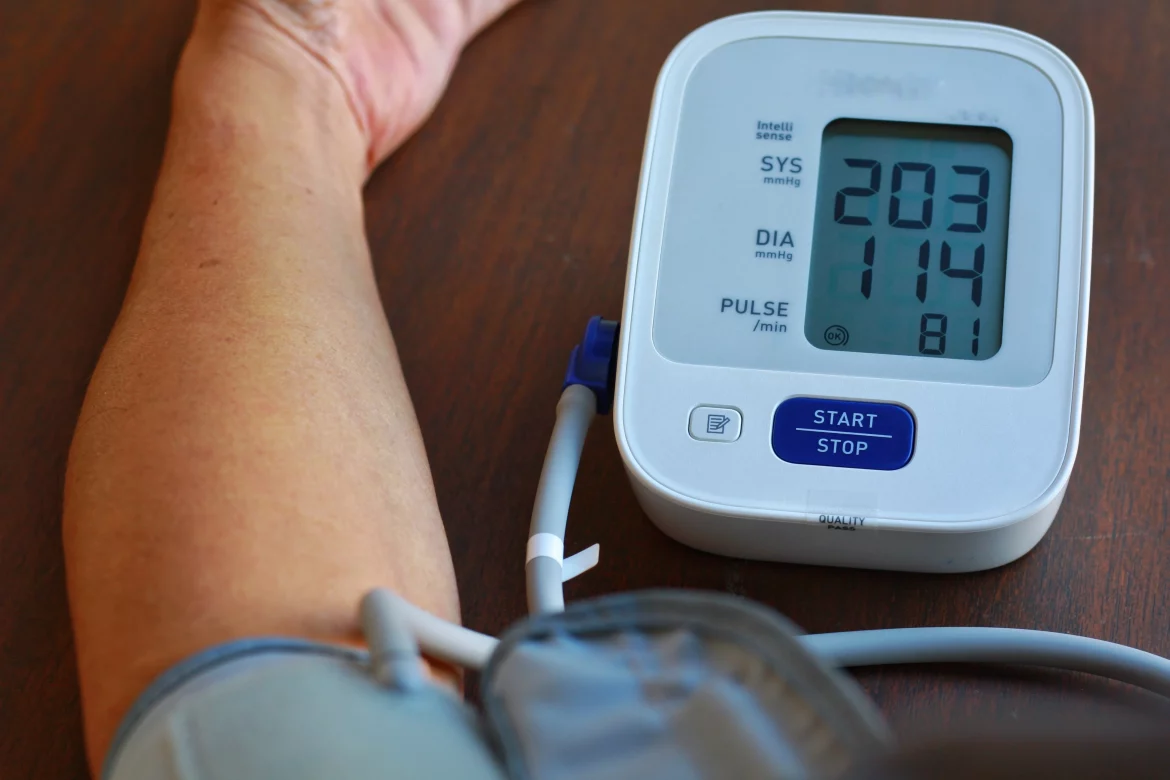High blood pressure, also known as hypertension, is a common health issue that can lead to serious complications such as heart disease, stroke, and kidney problems. Managing high blood pressure often involves lifestyle changes, including a healthy diet rich in specific vegetables known for their blood pressure-lowering properties. In this article, we will explore various vegetables that can help bring down high blood pressure and discuss how they contribute to cardiovascular health.
Leafy Greens
Leafy greens are rich in potassium, which helps the kidneys get rid of more sodium through urine. This process can lower blood pressure.
Key leafy greens to include in your diet are:
1. Spinach
Spinach is a nutrient-dense vegetable high in potassium, magnesium, and nitrates. Nitrates are compounds that help relax blood vessels and improve blood flow, which can lower blood pressure.
2. Kale
Kale is another leafy green that is high in potassium and magnesium.
These minerals help to regulate blood pressure by balancing sodium levels in the body and improving overall vascular health.
3. Swiss Chard
Swiss chard is packed with potassium and magnesium. These nutrients aid in reducing blood pressure by promoting electrolyte balance and relaxing blood vessels.
Root Vegetables
Root vegetables are not only delicious but also beneficial for lowering blood pressure due to their high potassium content and fiber.
4. Beets
Beets are exceptionally high in nitrates, which can help dilate blood vessels and improve blood flow, thereby reducing blood pressure.
Studies have shown that beet juice can significantly lower blood pressure in people with hypertension.
5. Carrots
Carrots are rich in beta-carotene, potassium, and antioxidants. Regular consumption of carrots can help reduce blood pressure levels due to their ability to improve blood vessel function and decrease oxidative stress.
6. Sweet Potatoes
Sweet potatoes are a good source of potassium and magnesium.
These nutrients are essential for maintaining proper blood pressure levels by helping the body excrete excess sodium and relax blood vessels.
Cruciferous Vegetables
Cruciferous vegetables are known for their high content of glucosinolates and antioxidants, which contribute to cardiovascular health.
7. Broccoli
Broccoli contains sulforaphane, a compound that can help reduce oxidative stress and inflammation, both of which are linked to high blood pressure. It is also rich in potassium, calcium, and magnesium.
8. Brussels Sprouts
Brussels sprouts are high in potassium and antioxidants, which can help lower blood pressure by reducing inflammation and improving arterial function.
9. Cabbage
Cabbage, especially red cabbage, is rich in anthocyanins and other antioxidants that can help reduce blood pressure by improving endothelial function and reducing inflammation.
Allium Vegetables
Allium vegetables contain sulfur compounds and antioxidants that can help lower blood pressure.
10. Garlic
Garlic is well-known for its ability to lower blood pressure. It contains allicin, a compound that can help relax blood vessels and reduce systolic and diastolic blood pressure.
11. Onions
Onions are rich in quercetin, an antioxidant that has been shown to lower blood pressure by improving blood vessel elasticity and reducing inflammation.
Legumes And Beans
Legumes and beans are high in fiber, potassium, and magnesium, all of which contribute to lower blood pressure.
12. Lentils
Lentils are an excellent source of potassium and magnesium, which help regulate blood pressure by maintaining electrolyte balance and promoting vascular health.
13. Black Beans
Black beans are rich in potassium, magnesium, and soluble fiber, which can help reduce blood pressure by improving cholesterol levels and reducing inflammation.
Other Notable Vegetables
There are several other vegetables that also contribute to lower blood pressure due to their high nutrient content.
14. Celery
Celery contains phthalides, which are compounds that can help relax the muscles around the arteries and improve blood flow. It is also a good source of potassium.
15. Tomatoes
Tomatoes are rich in lycopene, potassium, and vitamins. Lycopene, in particular, has been shown to have a positive effect on blood pressure by improving endothelial function and reducing oxidative stress.
16. Peppers
Peppers, especially bell peppers, are high in vitamin C and potassium.
These nutrients help reduce blood pressure by improving blood vessel health and promoting sodium excretion.
17. Cucumber
Cucumbers are hydrating and rich in potassium, which can help lower blood pressure by balancing sodium levels and promoting healthy blood vessel function.
18. Zucchini
Zucchini is a good source of potassium and magnesium, which are important for maintaining healthy blood pressure levels by promoting vascular health and reducing inflammation.
Incorporating Blood Pressure-Lowering Vegetables into Your.
Diet
To effectively lower blood pressure through diet, it’s important to incorporate a variety of these vegetables into your daily meals. Here are some tips on how to do that:
1. Make Salads
Create colorful salads with a mix of leafy greens, tomatoes, cucumbers, and peppers. Add a homemade dressing with garlic and lemon for extra flavor and health benefits.
2. Smoothies
Blend spinach, kale, or beet greens into your morning smoothie. Adding some fruit like bananas or berries can improve the taste and add additional nutrients.
3. Roasted Vegetables
Roast a combination of root vegetables like beets, carrots, and sweet potatoes for a delicious and healthy side dish.
4. Soups and Stews
Include a variety of vegetables such as celery, tomatoes, and beans in soups and stews. These dishes are a great way to get a nutrient-dense meal that supports blood pressure health.
5. Snack on Vegetables
Keep cut-up vegetables like carrots, celery, and bell peppers on hand for quick and healthy snacks. Pair them with hummus or a yogurt-based dip for added flavor.
Conclusion
Incorporating these blood pressure-lowering vegetables into your diet can make a significant difference in managing hypertension. A balanced diet rich in potassium, magnesium, nitrates, and antioxidants from vegetables helps regulate blood pressure, improve vascular health, and reduce the risk of cardiovascular complications. By making these vegetables a regular part of your meals, you can take a proactive step towards better heart health and overall well-being.


